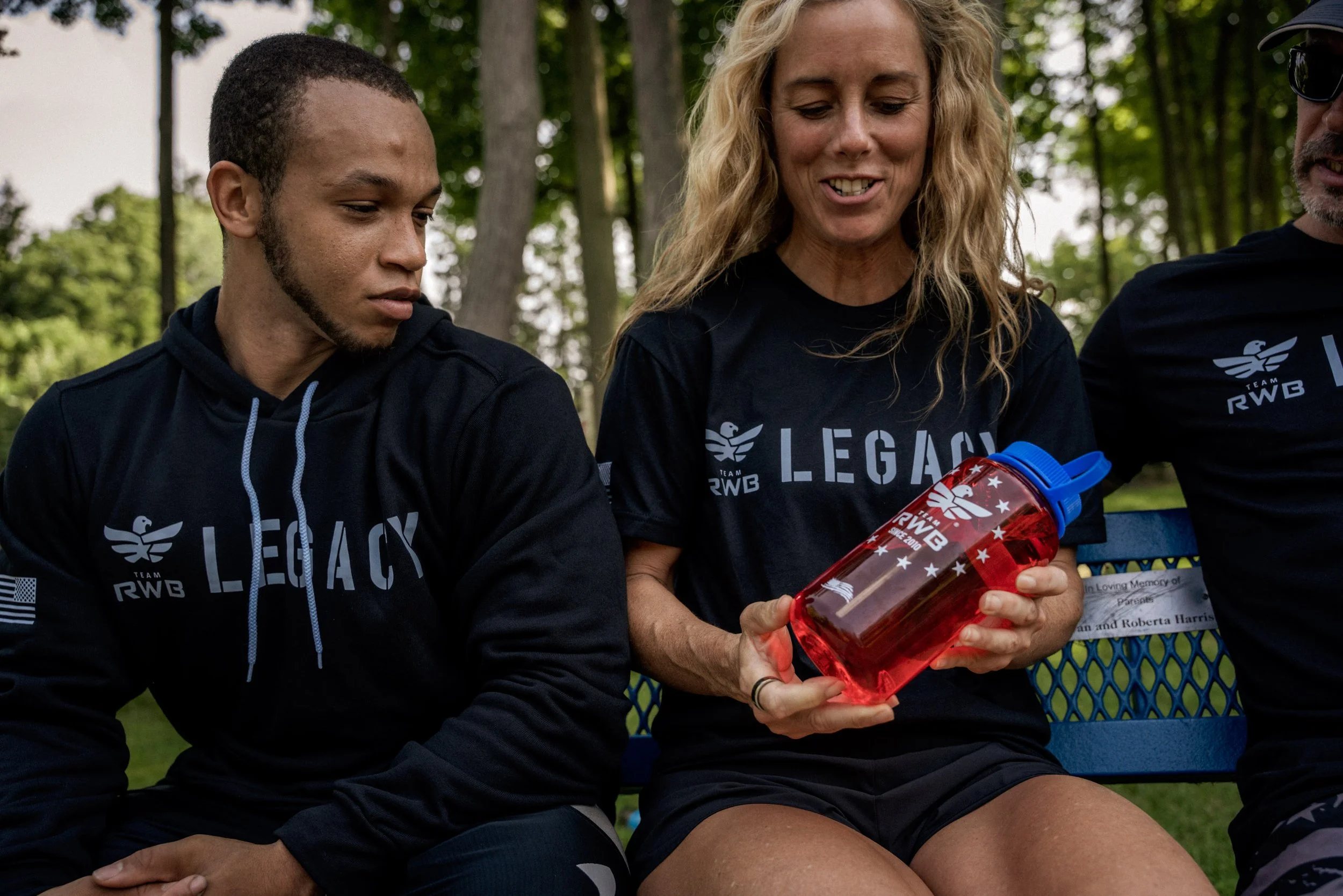Electrolytes With Sugar vs. Without Sugar: Which Is Best for Hydration?
Chances are, you have a favorite electrolyte powder as your go-to during or after a sweaty workout. You may even add it to your water bottle to sip on all day long. Regardless of what makes it your favorite, you’ve probably noticed that electrolyte powders are not created equal, in electrolyte or sugar content.
So, should you choose the one with or without sugar? As with most nutrition questions, it depends.
Why Add Sugar to Electrolyte Powders?
There is a simple answer to why some electrolyte powders have sugar and some do not. The research supports having a small amount of carbohydrate in hydration replenishment because it helps stimulate water absorption. In simpler terms, it helps your body absorb the fluid faster. And by small, it’s only about 1-3% that is needed for this to happen. For most electrolyte powders, this comes out to about 11-13 grams of carbohydrate per 16-20 ounces of fluid.
For electrolyte powders without sugar, there are many reasons this might be the case. Some are meant to be for recreational use, and we know that excessive added sugars in the diet can be problematic for health. Others claim that they cause a blood sugar spike. For individuals with insulin resistance, prediabetes, type 1, or type 2 diabetes, the no-added sugar formulations are appropriate. For everyone else, the rise in blood sugar that comes from 11-13 grams of carbohydrate is a normal physiological process that exercise will take care of, by shuttling that blood glucose to your cells for energy.
Why Does It Matter?
Aside from the fact that you may better absorb fluid with a small amount of carbohydrate, you may not need to. Your exercise intensity, temperature, individual sweat rate, and time spent in exercise are also factors that impact hydration status.
As these factors stay low, the need for carbohydrate in your electrolyte powder may not be necessary. As each of those individual factors increases, your need for carbohydrates in your electrolyte beverage increases to maximize fluid absorption.
Too Much of a Good Thing
If you are sipping on your electrolyte beverage during a high-intensity workout, don’t think that more is better. While a small amount of carbohydrate in your electrolytes is good, tipping the scale toward overdoing it on sugar could have your gut screaming. Most sports drinks stay below 6% carbohydrates for this reason. Anything above 8% carbohydrates (~36 g of sugar in 16 oz) in your fluid during exercise could slow gastric emptying, and that fluid won’t be absorbed as quickly.
The Bottom Line: How to Choose the Right Electrolyte Powder
Choosing an electrolyte powder comes down to many factors, such as taste, price, electrolyte content, and yes, sugar. Your choice in electrolyte powders can also depend on current health status and your workout goals for the day. Don’t turn away from those powders that have a small amount of carbohydrate; they are there for a reason and can help your body be more efficient at absorbing fluid, which can be vital for recovery.
Want to level up your nutrition game?
Join the Nutrition Group in the Team RWB app to connect with service members from all branches and eras. They share recipes, tips, and information. They also provide support as you work to achieve your fitness goals.
Sarah Pflugradt is a registered dietitian with a specialization in human performance. She is an Air Force vet, a military spouse, and a health promotion professor at American University in Washington D.C. She spends her free time cooking, writing, and watching her 3 kids compete in sports.



